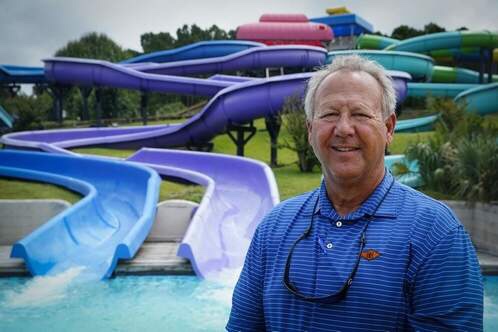BOSTON, United States (AP) — At this time of the year, The Friendly Fisherman on Cape Cod is usually bustling with foreign students clearing tables and helping prepare orders of clam strips or fish and chips.
But because of a freeze on visas, Janet Demetri won’t be employing the 20 or so workers this summer. So as the crowds rush back, Demetri must work with nine employees for her restaurant and market — forcing her to shutter the business twice a week.
“It’s really disturbing because we are really busy,” said Demetri. “We can’t keep up once the doors are open.”
The Trump administration announced last month that it was extending a ban on green cards and adding many temporary visas to the freeze, including J-1 cultural exchange visas and H-2B visas. Businesses from forestry to fisheries to hospitality depend on these visas, though there are exceptions for the food processing sector.
The move was billed as a chance to free up 525,000 jobs to Americans hard hit by the economic downturn, though the administration provided no evidence to support that. Supporters of immigration reform have hailed the move and insisted it should be easy to find Americans to bus tables and sell souvenirs at popular tourist destinations.
“The work that people on H-2B visas do or on J-1 summer work travel is not something that is alien to Americans,” said Mark Krikorian, executive director of the Center for Immigration Studies, which advocates for restrictions. “Those jobs are already mostly done by Americans whether it’s landscaping, making beds or scooping ice cream. The employers are just going to have to up their game in recruitment because there are 20 million people who are unemployed whom they could be drawing from.”
Hardest hit by the ban are beach communities and mountain getaways up and down the East Coast from parts of New Hampshire to Myrtle Beach, South Carolina.
Businesses said they want to hire Americans but are in regions with tiny labour pools that are no match for the millions of tourists visiting each summer. Companies also face the challenge of convincing unemployed workers, many who are still collecting federal benefits, to take a job in the hospitality industry amid a pandemic. Rising housing prices as well as a lack of childcare amid the pandemic also pose hurdles.
Mark Carchidi, whose company Antioch Associates USA II Inc. processes paperwork for H-2B visas on the East Coast, said businesses he works with were counting on an additional 30,000 visas this year beyond the 66,000 already allowed under the program.
More than 108,000 J-1 summer work travel visas were issued last year, according to the State Department, but only 1,787 so far this year.
(Source:Jamacia Observer)

